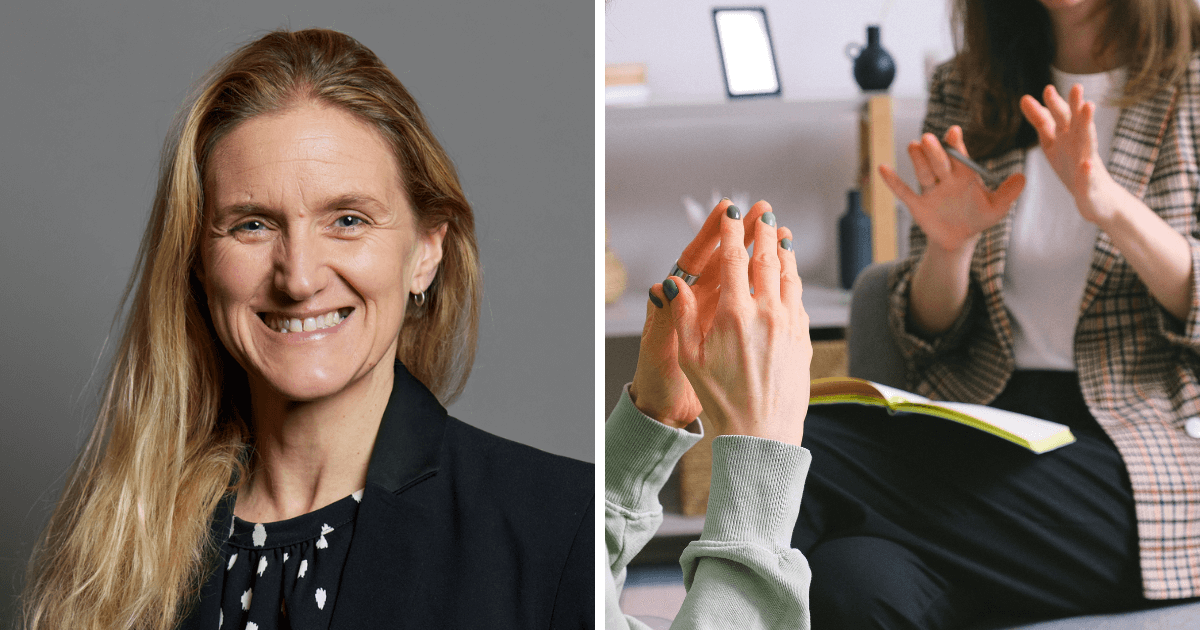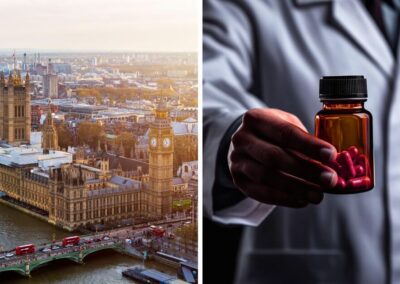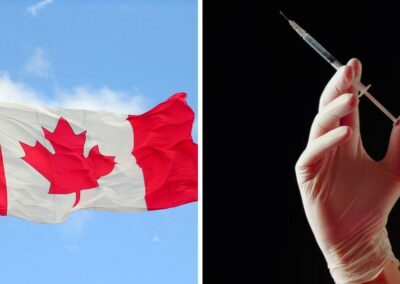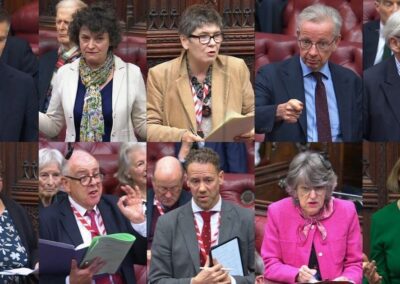MPs have given in to pressure and allowed representatives from the Royal College of Psychiatrists to appear before the parliamentary committee scrutinising the assisted suicide Bill, despite the fact that, hours earlier, MPs on the Bill Committee voted against their involvement.
During a lively debate on Tuesday 21 November ahead of its scrutiny of Kim Leadbeater’s Terminally Ill Adults (End of Life) Bill, MPs on her Bill Committee debated which witnesses would provide oral evidence before them and undergo questioning about the legalisation of assisted suicide. However, in addition to concerns about transparency and imbalance, there was controversy as MPs voted 14 to 8 against the inclusion of representatives from the Royal College of Psychiatrists (RCP) as witnesses before the Committee.
A number of MPs, including Naz Shah and Sojan Joseph, were especially concerned about the absence of representatives from the RCP and MPs who voted against their inclusion came under heavy criticism online. Professor Katherine Sleeman, a specialist in palliative care who is one of the witnesses who will give evidence before the Committee, said she was “stunned that the committee for a Bill that quite literally rewrites the Suicide Act of 1961 voted against inviting the Royal College of Psychiatrists to give oral evidence”.
On Wednesday morning though, in an apparent surrender to public criticism at the exclusion of representatives of the RCP, the decision was reversed and Leadbeater confirmed the RCP would now be added to the witness list.
Imbalance among the witnesses
Danny Kruger MP was particularly concerned about the witnesses proposed by Leadbeater. Unlike with Government Bills, committees on Private Members’ Bills (PMB) do not typically take evidence, although an exception was made in this case. It appears that the final selection of witnesses was left in the hands of the sponsor of the Bill, which, in this case, was Leadbeater herself. This is different to a Government Bill where the selection of witnesses is taken by a programming sub-committee; no such sub-committee exists in the case of a PMB.
While Leadbeater had sent a witness list last week, Kruger revealed that an updated version was only sent to MPs at 10am on Tuesday morning, just a few hours before the Committee met.
The MP for East Wiltshire said he had “very serious concerns about [the overall balance of the witness list]. I think it is right that it should be aired publicly”.
“We have eight witnesses from foreign jurisdictions who are being called to give evidence from abroad. All of them are supporters of assisted dying in their jurisdictions”.
“We have no people speaking against the operations of assisted dying laws internationally. We have nine lawyers on the list, all of them, with the exception of three, who appear to be neutral, … in favour of a change in the law. There is not a single lawyer against this Bill. Sir James Mumby was suggested. I understand he has been removed”, he continued.
“There is nobody from deaf or disabled people’s organisations, whereas the UN Convention on the Rights of Disabled People recognises the importance of engaging with these organisations in laws of this nature”.
Kruger described the witness list as “unbalanced” and from an analysis of 60 names on the witness list, he said “38 of them, as far as we can tell, are in favour of this Bill or in favour of the principle of assisted dying, versus only 20 who are opposed. There’s an inherent imbalance”.
Labour MP Lewis Atkinson argued against hearing from witnesses from other jurisdictions who were, in principle, opposed to assisted suicide because, as far as he is concerned, the Committee needs to make “sure the Bill is as robust as possible and as workable as possible”.
However, fellow Labour MP Naz Shah countered that the Committee is “not about getting [the Bill] through”.
“It’s about getting the right information so we can scrutinise whether it’s fit to go through the House. And for that reason, it is important to hear from those opposing”.
Privacy vs transparency
The Committee meeting had been due to be held in public, but the previous evening a decision was made to conduct at least part of the debate in private.
The justification given for this on the part of Kim Leadbeater was “respecting individuals’ privacy”.
However, Danny Kruger was highly critical of this move, pointing out that the “expectation was that it would be held in public. In fact, people have travelled here in the expectation that they’d be able to attend and observe our debate on the sittings motion”.
“My general point is that there is a clear public interest case that the public should understand why the witnesses that have been chosen, why some have not, and, if there are concerns about the witnesses, they should be aired publicly. The fact is, this is the only time that the public are being consulted, that the experts from outside Parliament have a chance to contribute to our deliberations. I fail to understand why those discussions can’t be held in public”, he added.
One prominent commentator remarked “I don’t understand why she wants this debated secretly. I had concerns before, now they are manifest”.
The majority of MPs voted for part of their proceedings to be private, so debate on which witnesses to call was held behind closed doors.
No need to hear from Canada
More than one MP supportive of introducing assisted suicide suggested there was no need to hear from witnesses who might testify to the experience of introducing assisted dying in Canada due to the alleged differences between our legal system and theirs.
However, in response, Kruger argued that “it is appropriate to hear from Canada” and said he is “not surprised my honourable friend doesn’t want to hear from Canada because the stories there are so appalling”. He went on to say that the comparison between the UK and Canada was especially appropriate due to our similar common law tradition.
Spokesperson for Right To Life UK, Catherine Robinson, said “The antics on Tuesday, from meetings held behind closed doors to last-minute changes to the witness list to the irritable outbursts from Kim Leadbeater, hardly inspire confidence in the proceedings of the Committee on the assisted suicide Bill. All these pale in comparison, however, to the very obviously imbalanced witness list, which has an almost two-to-one ratio of supporters to opponents of the Bill”.












